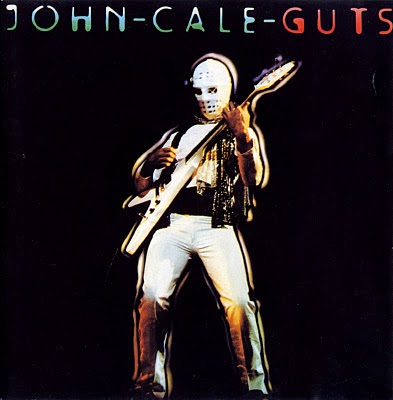The Yale School of Drama production of Hedda Gabler opened
tonight. On Saturday I saw the “propening” with Kajsa. At intermission I leaned
over to her and sang in her ear: “Hedda Gabler / Had a very funny face / Tired
of waiting / Tired of the human race.” When we saw John Cale perform last year
at BAM we were rather amazed to hear him perform this song.
Hedda Gabler, by Henrik Ibsen, is one of my
favorite plays. I still remember the
anthology of plays I first read it in, along with things like The Misanthrope
by Molière and The Seagull by Chekhov. The play, with its intense
character study of a woman utterly bored, antagonistic to all around her,
enthralled me. If I were a female actor, I thought, I would want to play Hedda
Gabler. Oh, just wouldn’t I!
 |
| Janet Suzman, right, as Hedda Gabler |
A little later, I saw the play performed as a teleplay starring Janet Suzman and Ian McKellan. Suzman tore up the role, playing it with exactly the vivacity and menace that I sensed it deserved.
A few years later, after high school ended, I discovered the
music of John Cale, formerly of the Velvet Underground. I came to him by way of
a review in Stereo Review of his Island LP Guts, a compilation of tracks from
the three LPs Cale had made for Island in 1974 and 1975. These LPs—Fear, Slow
Dazzle, Helen of Troy—were available only as imports. Eventually I got them
all, plus his debut solo LP Vintage Violence and its follow-up Paris 1919. I
fell utterly under the spell of this music from the fall of 1977 till 1979,
when I finally got to see Cale perform live in a series of shows I and a friend
saw in Brooklyn, DC, Philadelphia, and NYC. We were enthralled. But at
none of those shows did Cale perform “Hedda Gabler.”
The song was released in 1978 on an EP called Animal
Justice. One sensed it hadn’t been given the full recording budget of the
Island records. Cale had begun his drift from indie label to indie label, more's
the pity. But the song, to my ears, was majestic and ferocious, full of the
grandeur I associated with a classic like “The Endless Plain of Fortune” (from
Paris 1919) wedded to the more muscular rock sound Cale had developed on songs
like “Leaving It Up to You” (on Helen of Troy).
Those lines I sang in my daughter’s ear are the opening
lines of the song, intoned sepulchrally over a stately keyboard intro that is
eerie and unnerving. The drumming on the track puts me in mind of Keith Moon or
at least B.J. Wilson, and the guitar has the kind of lyrical reach met with on
the “Sabotage” tour of which I was present for several shows. Something like “Even
Cowgirls Get the Blues,” for instance.
 |
| John Cale on the Sabotage tour, 1979 |
Unfortunately the original recording is unavailable on
YouTube. The video of a performance, from Sweden in 2011, isn’t bad; it seems
to be a set-up similar to what we saw at BAM in 2013. It’s quite a treat, though it’s not a professional
quality recording. Still, the guitar comes through in its wrenching glory, well
enough. And the long crescendo of the song is more varied and adventuresome
than on the original. But I still miss
those monster fills on the drums that drive the original recording, both martial
and menacing.
Cale’s lyrics don’t have much to do with Ibsen’s play. He opts to link her misanthropy with the rise
of Naziism (“how dear Adolf was going to save all Germany”) and domestic
murder. No matter. We don’t really need a song to tell the tale of dear Hedda.
Hers is a tale of the thwarted exceptional person, someone too sharp to find meaning in ordinary things, but, in a way, too gutless to
venture beyond a certain zone of comfortable expectation. She's truly a menace to herself and others.
Rather than spend the
rest of eternity eating her heart out, she takes her life with her father’s
pistol, after convincing the brilliant but unbalanced scholar Eilert Lövborg,
a one-time passionate attachment, to take his own life with the other pistol.
“Sleep, sleep, sleep, Hedda Gabler.”




No comments:
Post a Comment